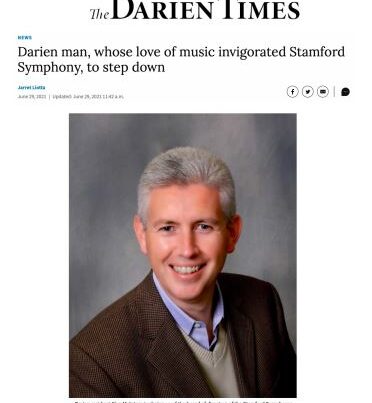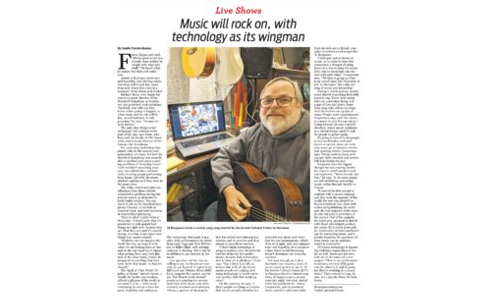
Three years ago, Deborah Borda left the Los Angeles Philharmonic, which she had run for 17 years, to take on the problems of the troubled New York Philharmonic. The country’s oldest major orchestra was financially shaky, had appointed a new music director in Jaap van Zweden who had yet to generate enthusiasm from the press and public, had bungled one proposed concert hall renovation after another for years, and had struggled to maintain relevance in New York cultural life.
She‘d had similar problems at the L.A. Phil and handled them in such a way that it became arguably the world’s most admired orchestra. Turning around the New York Philharmonic would then be the capstone of her career. But little could Borda have known that, while having made remarkable strides in less than three New York seasons, her role would suddenly be to save the New York Philharmonic, and possibly by her example help to save other American orchestras.
“What a tragedy for us is that the thing that we do, which is live concerts and reaching people, we can’t do,” Borda said last week in a video conversation from her New York apartment, as the novel coronavirus poses a novel existential threat to orchestra life.










